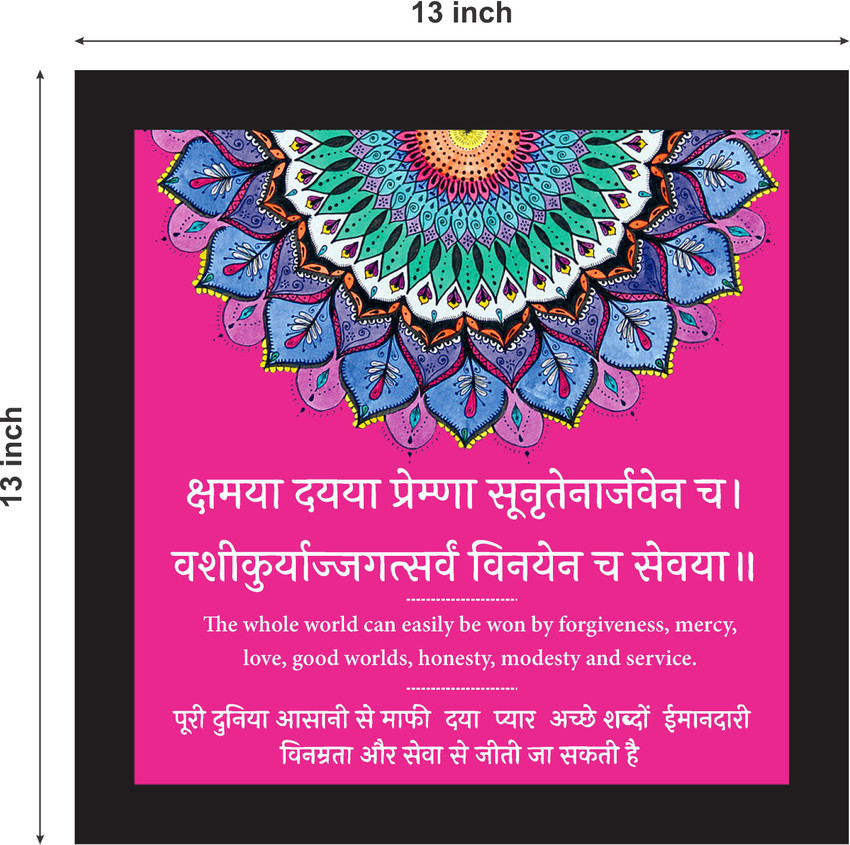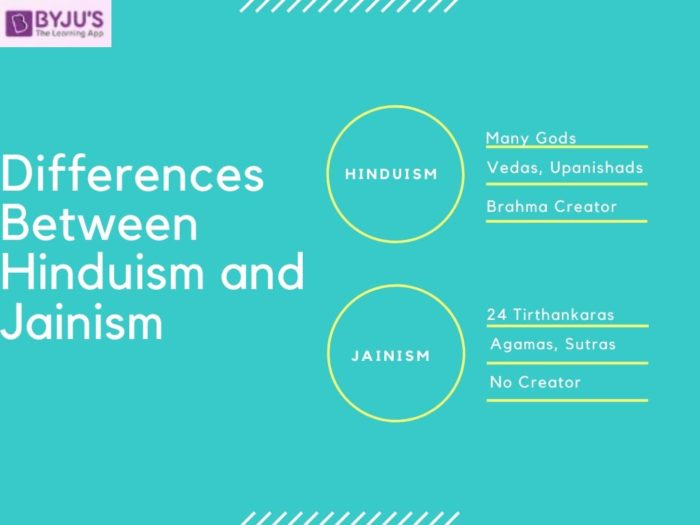Sanskrit Quotes on Life
Sanskrit is an ancient language that has been revered for its profound wisdom and poetic elegance. Throughout the centuries, Sanskrit literature has been a rich source of insight and inspiration, offering a unique perspective on the human experience. In this article, we will delve into the wisdom of Sanskrit quotes on life, exploring their depth and relevance in the modern world.
The Timeless Wisdom of Sanskrit Quotes

Sanskrit quotes on life have a remarkable ability to transcend the boundaries of time and culture, touching the universal aspects of the human condition. These profound statements, rooted in the rich philosophical and spiritual traditions of India, offer a refreshing and thought-provoking approach to navigating the complexities of existence.
The Power of Perspective
One of the hallmarks of Sanskrit quotes on life is their ability to shift our perspective, helping us see the world through a new lens. These quotes often challenge our preconceived notions, urging us to look beyond the surface and uncover deeper layers of meaning.
“The world is a mirror; it reflects what you are.” – Adi Shankaracharya
This quote encourages us to recognize that the way we perceive the world is a reflection of our own inner state. By cultivating a deeper understanding of ourselves, we can begin to see the world in a more nuanced and insightful way.
The Art of Mindfulness
Sanskrit quotes on life often emphasize the importance of living in the present moment, a concept known as “mindfulness.” These quotes remind us to be fully engaged in the here and now, rather than being consumed by the past or anxious about the future.
“The past is but a dream, and the future is but a vision; but the present moment is reality.” – The Upanishads
This quote highlights the fleeting nature of the past and the uncertainty of the future, while underscoring the importance of being fully present in the immediate experience. By embracing this mindset, we can cultivate a deeper appreciation for the richness of each moment.
The Pursuit of Wisdom
Sanskrit quotes on life often encourage the pursuit of true wisdom, which goes beyond mere knowledge or intelligence. These quotes suggest that true wisdom is not found in the accumulation of facts, but in the cultivation of a deeper understanding of the human experience.
“Wisdom is not the accumulation of knowledge, but the ability to use it.” – Chanakya
This quote challenges the notion that wisdom is simply a matter of acquiring information. Instead, it suggests that true wisdom lies in the ability to apply our knowledge in meaningful and impactful ways, ultimately leading to a deeper understanding of ourselves and the world around us.
The Interconnectedness of Life

Sanskrit quotes on life often emphasize the interconnectedness of all things, recognizing the profound ways in which our actions and choices impact the world around us.
The Concept of Karma
The principle of karma, which is deeply rooted in Hindu and Buddhist traditions, is a central theme in many Sanskrit quotes on life. These quotes suggest that our actions, both positive and negative, have far-reaching consequences that shape our experiences and the experiences of those around us.
“As you sow, so shall you reap.” – The Bhagavad Gita
This quote, a well-known expression of the law of karma, reminds us that our choices and actions have a direct impact on the outcomes we experience in life. By cultivating a deeper understanding of this principle, we can begin to take greater responsibility for our choices and strive to create positive ripples in the world.
The Importance of Compassion
Sanskrit quotes on life often emphasize the importance of compassion, recognizing that our interconnectedness requires us to extend kindness and understanding to all living beings.
“The highest form of wisdom is kindness.” – The Talmud
This quote suggests that true wisdom is not found in the accumulation of knowledge or the pursuit of personal gain, but in the cultivation of a compassionate heart. By embracing this principle, we can begin to see the world through a lens of empathy and care, fostering deeper connections and a more harmonious existence.
The Cyclical Nature of Life
Many Sanskrit quotes on life reflect the belief that life is a continuous cycle of birth, death, and rebirth, both on a physical and metaphysical level. These quotes encourage us to embrace the natural ebb and flow of existence, rather than clinging to a false sense of permanence.
“The wind that blows can never die; the sky remains forever blue.” – Rabindranath Tagore
This quote, while poetic, suggests that there is a timeless, eternal quality to the natural world that transcends the cycles of life and death. By recognizing this cyclical nature, we can begin to let go of our attachment to the ephemeral and find solace in the enduring rhythms of the universe.
The Pursuit of Happiness and Fulfillment

Sanskrit quotes on life often explore the themes of happiness, fulfillment, and the true nature of the self.
The Illusion of Attachment
Many Sanskrit quotes warn against the dangers of attachment, recognizing that our pursuit of material possessions and external validation can ultimately lead to suffering and dissatisfaction.
“Attachment is the root cause of all suffering.” – The Bhagavad Gita
This quote suggests that our clinging to people, objects, and ideas is the primary source of our pain and discontentment. By cultivating a deeper understanding of the impermanent nature of all things, we can begin to let go of our attachments and find a greater sense of inner peace.
The Nature of the Self
Sanskrit quotes on life often explore the concept of the self, challenging the notion of a fixed, permanent identity and encouraging a more fluid and expansive understanding of who we are.
“I am not this body, nor am I the mind. I am the pure consciousness that pervades all.” – Adi Shankaracharya
This quote suggests that our true essence is not found in the physical body or the fluctuating thoughts of the mind, but in the deeper, more expansive realm of pure consciousness. By recognizing this fundamental truth, we can begin to transcend the limiting beliefs and ego-driven tendencies that often prevent us from accessing our fullest potential.
The Pursuit of Meaning
Sanskrit quotes on life often explore the search for meaning and purpose, offering insights into the deeper aspects of the human experience.
“The purpose of life is to find your purpose and give your whole heart and soul to it.” – The Bhagavad Gita
This quote suggests that the true fulfillment in life lies not in the pursuit of external rewards or status, but in the discovery and dedicated pursuit of our unique purpose. By aligning our actions and choices with this deeper sense of meaning, we can find a greater sense of satisfaction and inner peace.
FAQs

What is the significance of Sanskrit quotes on life?
Sanskrit quotes on life offer profound insights into the human experience, transcending the boundaries of time and culture. These quotes often challenge our preconceived notions, encouraging us to look beyond the surface and uncover deeper layers of meaning. By exploring the wisdom of these ancient texts, we can gain a more nuanced understanding of ourselves, our relationships, and the world around us.
How can Sanskrit quotes on life be applied to everyday life?
Sanskrit quotes on life can be applied to everyday life in a variety of ways. For example, the emphasis on mindfulness and living in the present moment can help us cultivate a deeper appreciation for the richness of each moment. The exploration of the nature of the self can encourage us to let go of limiting beliefs and access our fullest potential. The recognition of the interconnectedness of all things can inspire us to act with greater compassion and responsibility.
What are some key themes found in Sanskrit quotes on life?
Some of the key themes found in Sanskrit quotes on life include the power of perspective, the art of mindfulness, the pursuit of wisdom, the interconnectedness of life, the concept of karma, the importance of compassion, the cyclical nature of life, the illusion of attachment, the nature of the self, and the pursuit of meaning and purpose.
How can Sanskrit quotes on life inspire personal growth and transformation?
Sanskrit quotes on life can inspire personal growth and transformation in a number of ways. By challenging our preconceived notions and encouraging a deeper exploration of the human experience, these quotes can help us cultivate greater self-awareness, empathy, and resilience. The emphasis on concepts like mindfulness, compassion, and the recognition of our interconnectedness can also inspire us to make more conscious and meaningful choices in our lives, leading to a greater sense of fulfillment and purpose.
Where can one find reliable sources of Sanskrit quotes on life?
There are a variety of reliable sources for exploring Sanskrit quotes on life. Many ancient Hindu and Buddhist texts, such as the Bhagavad Gita, the Upanishads, and the works of renowned philosophers and spiritual leaders like Adi Shankaracharya, are rich in insightful quotes. Additionally, there are numerous books, websites, and online resources dedicated to the study and translation of Sanskrit literature, offering a wealth of wisdom and inspiration.
Conclusion

Sanskrit quotes on life offer a profound and timeless wisdom that can enrich our understanding of the human experience. By exploring the depth and nuance of these ancient texts, we can gain a fresh perspective on the complexities of existence, cultivate a greater sense of mindfulness and compassion, and unlock the true depths of our own potential. Whether we are seeking guidance on navigating life’s challenges or simply seeking to expand our horizons, the wisdom of Sanskrit quotes can serve as a powerful and transformative resource.




